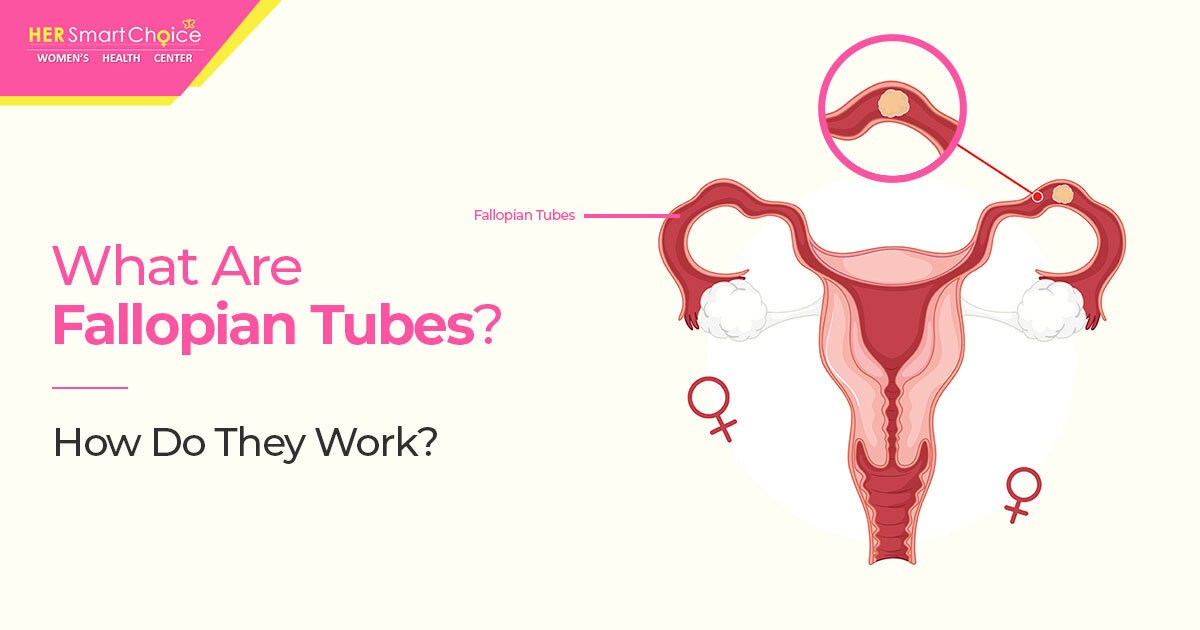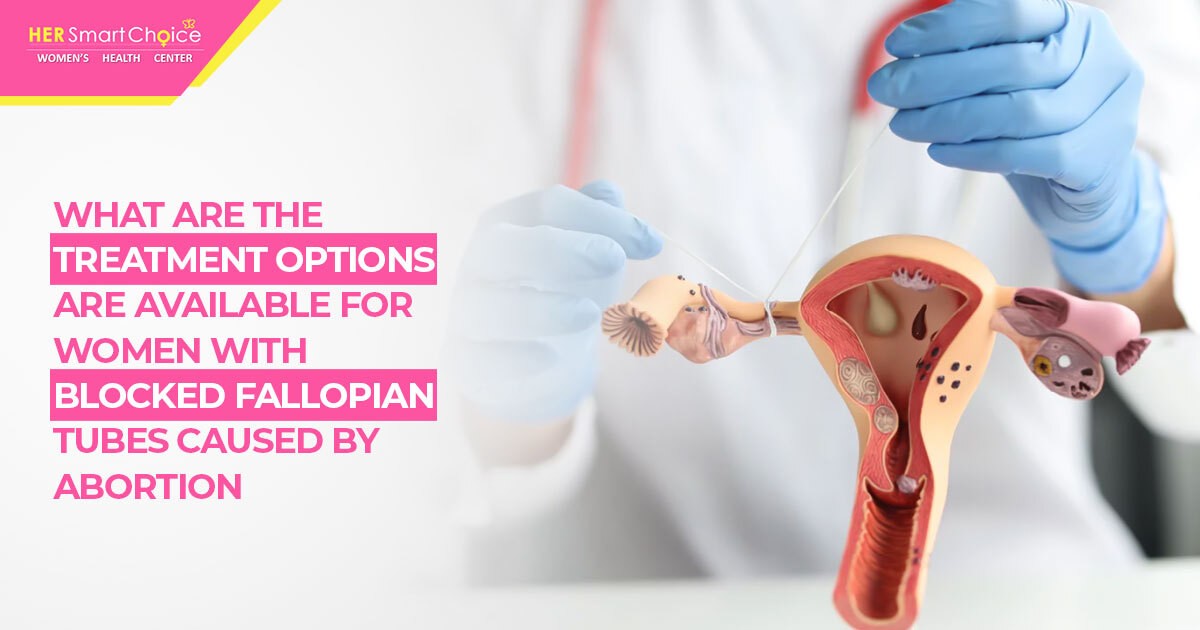Does Abortion Affect Future Pregnancies & Cause Infertility?
There is a lot of debate surrounding abortion. One thing that is often brought up in this debate is whether or not abortion can affect future pregnancies and cause infertility.
While some view it as a solution for individuals in difficult circumstances, studies continue to explore the long-term effects of abortion on subsequent pregnancies.
There are claims that women who have had abortions may experience higher rates of premature birth, pre-eclampsia, and other issues related to fertility and overall health during later pregnancies. Abortion can also lead to psychological distress that can manifest both physically and mentally in later pregnancies again highlighting its importance regarding future pregnancies.
However, these claims are still vague.
Dr. Jen Gunter in the New York Times says
“There is no link between abortion and future fertility when done safely. Only abortions that are associated with complications could potentially impact future fertility,”
A report published by Forbes revealed that if you follow a legal abortion procedure in the US, the probability of complications is less that could lead to infertility is 0.23%.
However, further research must be conducted in order to get a better understanding of the potential impact that abortion has on future conceptions.
Having an abortion doesn’t generally affect your ability to get pregnant in the future
It can be a relief for many women to learn that having an abortion does not usually have an impact on their chance of getting pregnant in the future. Medical research has demonstrated that abortions, even multiple ones, do not typically impact a woman’s fertility and stats above are the testimony of it.
While abortions can cause complications in some cases, it is generally safe to assume that you won’t have issues when attempting to conceive in the future.
However, these lifestyle factors can also affect fertility:
Age: It is certain that with age fertility decreases. This is true in the case of women who are older than 35, as per CDCP ( Centers for Disease Control & Prevention Trusted Source.
Medical History: If you have a history of STIs it can probably affect your future pregnancy. This is also true in case you are suffering from any chronic disease such as autoimmune disease, hormonal disorders, and diabetes.
Lifestyle Habits: Daily lifestyle habits such as smoking, and drugs can also affect your fertility. The same is implemented in the case of your partner.
Partner’s Fertility: A sexual partner’s fertility can also affect a woman’s ability to get pregnant. Even if you were pregnant with the same partner in the past, lifestyle habits and aging may affect your fertility.
Women who have had abortions often have deeply personal stories to tell about their experience before, during, and after their procedure. The stigma surrounding abortion can easily turn these intimate stories of fertility into ones of shame.
However, surprisingly, many women report feeling liberated after a successful abortion and actually encounter improved fertility afterward. Women tell tales of being able to better tune in to their bodies and rhythms as well as being able to make more confident decisions in terms of when they are ready to grow their family after an abortion.
With an increased understanding of the positive effects that abortion can bring for some women, society can begin to shed unfounded judgments and instead become fully supportive and inclusive of those who chose such a path.
Advice to women considering abortion, particularly regarding fertility issues
Pregnancy and parenting can be a beautiful journey, but there are times when a woman might find it overwhelming and difficult to continue due to unforeseen circumstances.
For women considering abortion, understanding fertility issues is essential. It is important to learn about methods of contraception available before indulging in any kind of sexual activity with the potential for pregnancy.
Women should also be aware of limitations like age, medical conditions, etc. that may hinder their chances of conceiving again following an abortion. Additionally, a woman should gather information on safe abortion procedures if her decision is to terminate the pregnancy.
Talking with a trusted women’s health clinic can offer further insights into the options available and make sure they are making an informed decision while taking control of their health.
Final Verdict
At last, we would conclude by saying that the only way to ensure that accurate information is spread is by having honest, respectful conversations whenever the topic arises. Breaking down barriers and actively listening to alternative beliefs can propel us into sharing reliable information and diminishing the social pressure surrounding this topic.
We must come together to do away with preconceived notions and instead construct an environment where open communication is encouraged; only then can we further advance our understanding of the complexities of abortion.

























